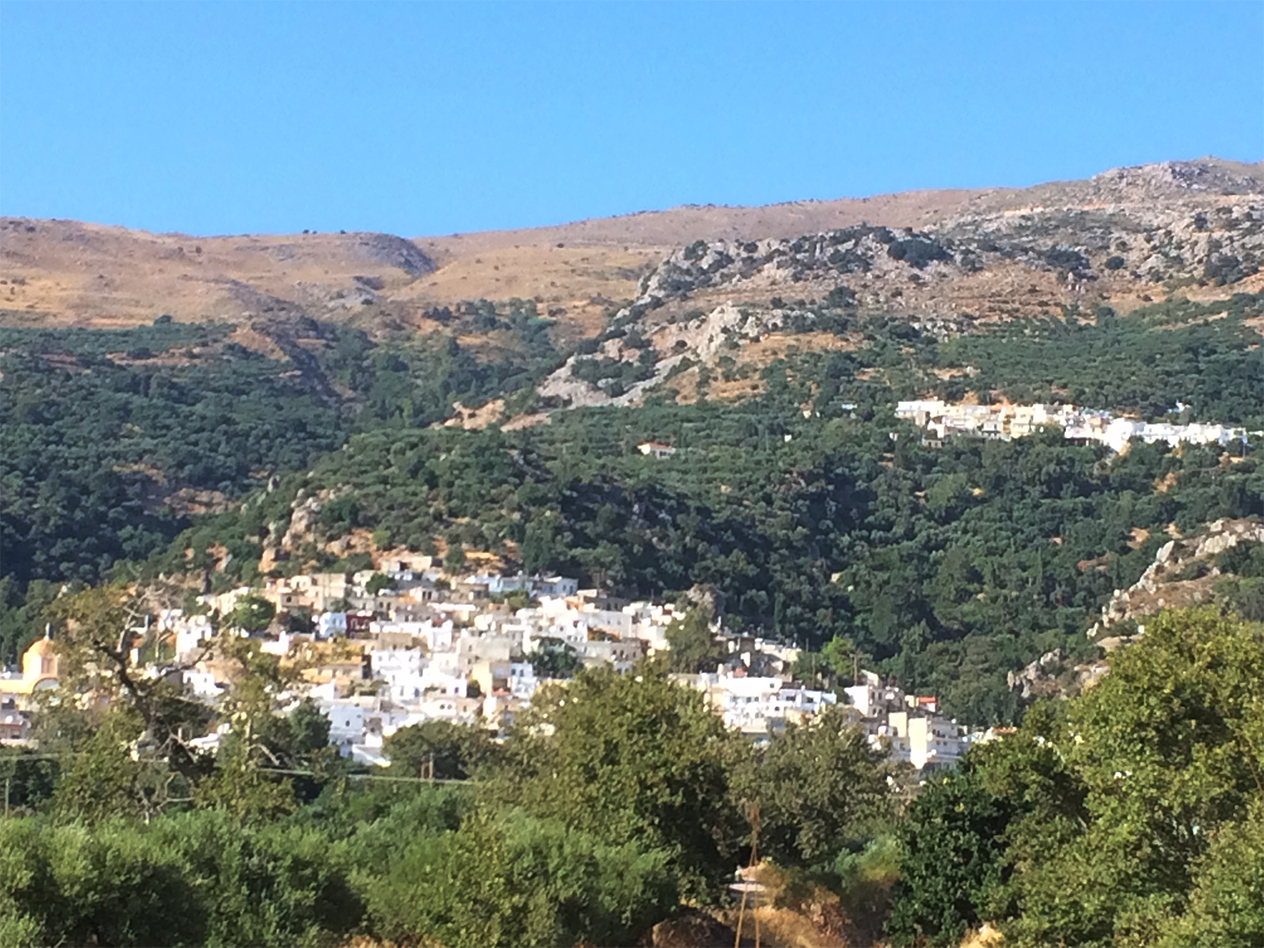The recent regulation renders plots of land smaller than 2 hectares in settlements with fewer than 2,000 inhabitants non-buildable. This change affects approximately 10,000 small settlements across the country, with a particularly pronounced impact on rural and island areas.
The consequences of this regulation are multifaceted. The loss of building potential leads to the devaluation of thousands of small properties, significantly reducing their usability or transferability, while maintaining their tax burden, even though these properties are now effectively non-functional. Many property owners now find themselves holding assets that cannot be utilized as investments or homes, yet continue to face taxes on them. Beyond the economic impact, the social consequences are equally severe.
Thousands of properties, many of which are inherited—“the properties of our grandparents and parents”—are losing their functional role. For many urban residents, these small plots in rural areas represented an alternative: a hope of returning to their roots, a space for a summer home, or even a temporary solution in times of financial strain or shifting priorities. The loss of this opportunity not only deprives individuals of a personal retreat but also severs a vital connection to their heritage and local identity.
The depopulation of the countryside is already a well-established trend, characterized by the gradual abandonment of small villages, an aging population, the decline of public services, and the weakening of local economies. The new regulation risks accelerating these developments, making it even more difficult for young people to return to rural areas. The inability to build diminishes the supply of affordable housing, drives up the prices of the remaining plots, and reinforces the concentration of people in already burdened urban centers.
For meaningful development and to reverse these trends, a comprehensive intervention plan is needed, with a central focus on social cohesion, decentralization, and the revitalization of local life.
Proposed Actions:
• Preserve the ability to build for first- and second-generation landowners, with terms and restrictions that ensure gentle development.
• Tax exemptions or discounts for properties that lose their ability to be developed.
• Subsidize the construction of primary residences in rural areas for young people and farming families.
• Create zones of gentle development in settlements with declining populations.
• Support programs for the professional establishment of young farmers, artisans, and freelancers in rural areas, with housing and relocation incentives.
• Develop local urban planning tools that allow exceptions based on demographic and social data.
• Create "residential zones for social return": Designated areas near existing settlements where primary residential construction will be allowed, based on social and environmental criteria.
• Renovation and repurposing programs for old homes in abandoned settlements (with subsidies for energy and structural upgrades).
Supporting the Greek countryside requires a policy that combines sound urban planning with environmental respect and deep social sensitivity. There is a need for exceptions, transitional periods, and supportive tools that will protect small properties while providing incentives for gentle, sustainable development.
The countryside is not just a physical space; it is a social fabric. It must not be allowed to become a "silent zone" devoid of perspective and human presence.















